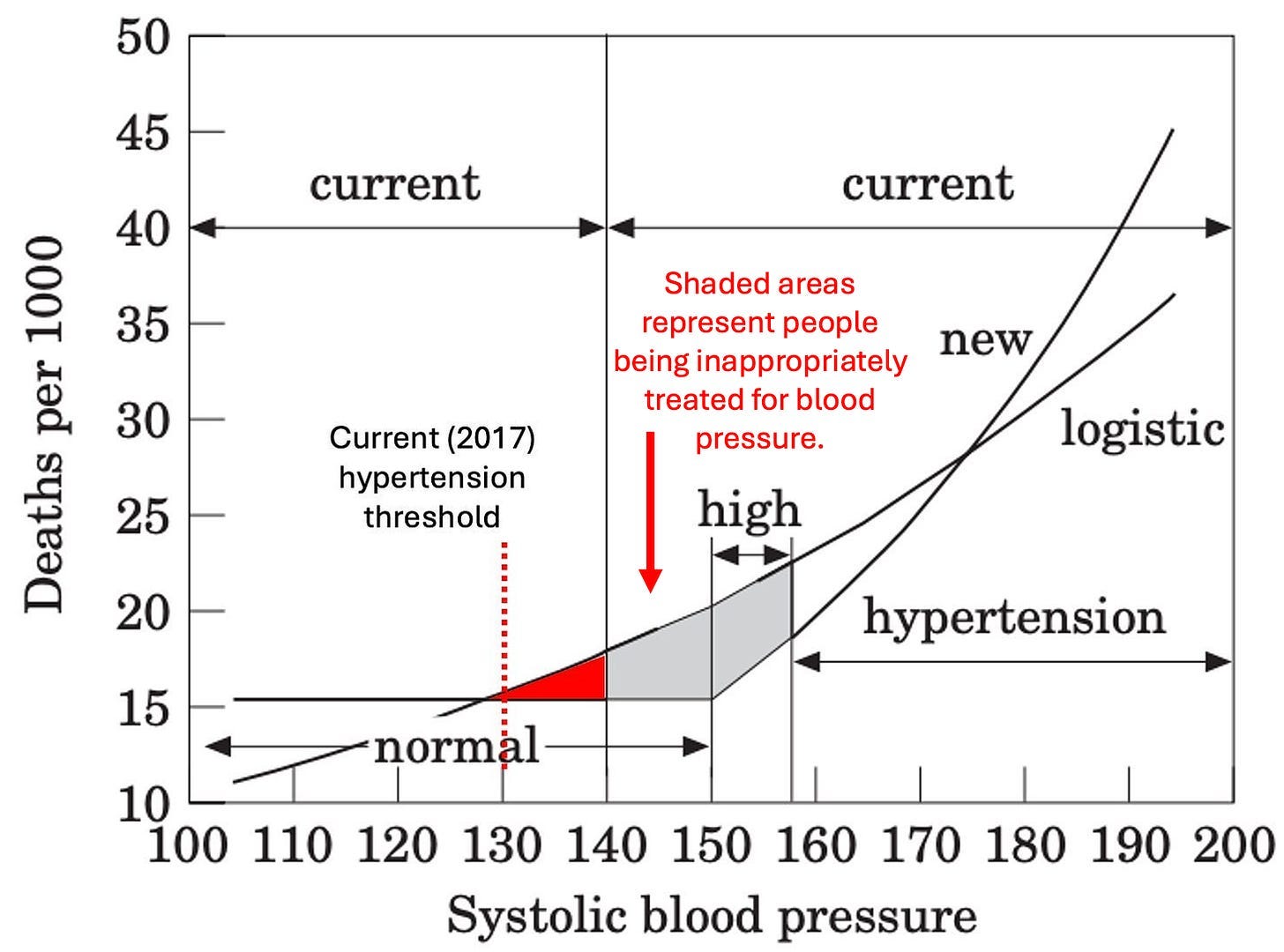Introduction by FJM (not a medical doctor)
Not unlike as in the real world, most discoveries are the result of accidents/random occurrences, which describes my recent discovery. I have been on a low-salt diet, forever it seems, and yet I was unable to reduce my blood pressure (BP) medication all this time. Following my recent dental implant, the Dentist recommended that I rinse my mouth with saltwater. I was kind of worried because inevitably some salt will get into my system, thus upsetting my low sodium diet routine. In our household we use very little salt but the salt we use is the pink Himalayan mined salt.
It did not take long when I noticed that my BP started to be so low that I refrained from taking my medication, for fear of Hypotension, which made me hit the floor several times before, when the Doctor increased the dosage. Since then I always check my BP before taking my medication, which drops my BP about 20mm of Mercury. This past week Instead of taking the usual 10mg of Enalapril per day (70mg per week), I used only 15 mg per week.
Rinsing my mouth about six times per day should add only a small amount of salt per day, and yet this small dosage produced a dramatic change in my BP. My dental surgery should be healing in another 10 days or so, however, I think I will continue my salt mouth rinses, at least to twice a day. Hopefully, I can lower my BP medication dosage, and perhaps stop it altogether in time.
It is well understood, generally, that all salts are not alike, for example the Himalayan salt contains a host of other important minerals, which the common table salt has not. Moreover, are we perhaps adversely affecting our sodium-potassium (Na +-K+) pump, with these salt restricted diets? As always, check with your doctor before deciding on a moderately higher sea-salt intake and monitor your BP regularly. Reject all common manufactured salt, if possible, says common sense.
The video links shown below, will provide additional information on this subject.
https://www.youtube.com/watch?v=BIwhVshA1Nk
https://www.youtube.com/watch?v=wuf4z7DaAAM
https://www.youtube.com/shorts/zux7ry50IjQ
https://www.youtube.com/shorts/5Z6lMWKYea4

Another similar story.
"@David-kd1gd
1 month ago